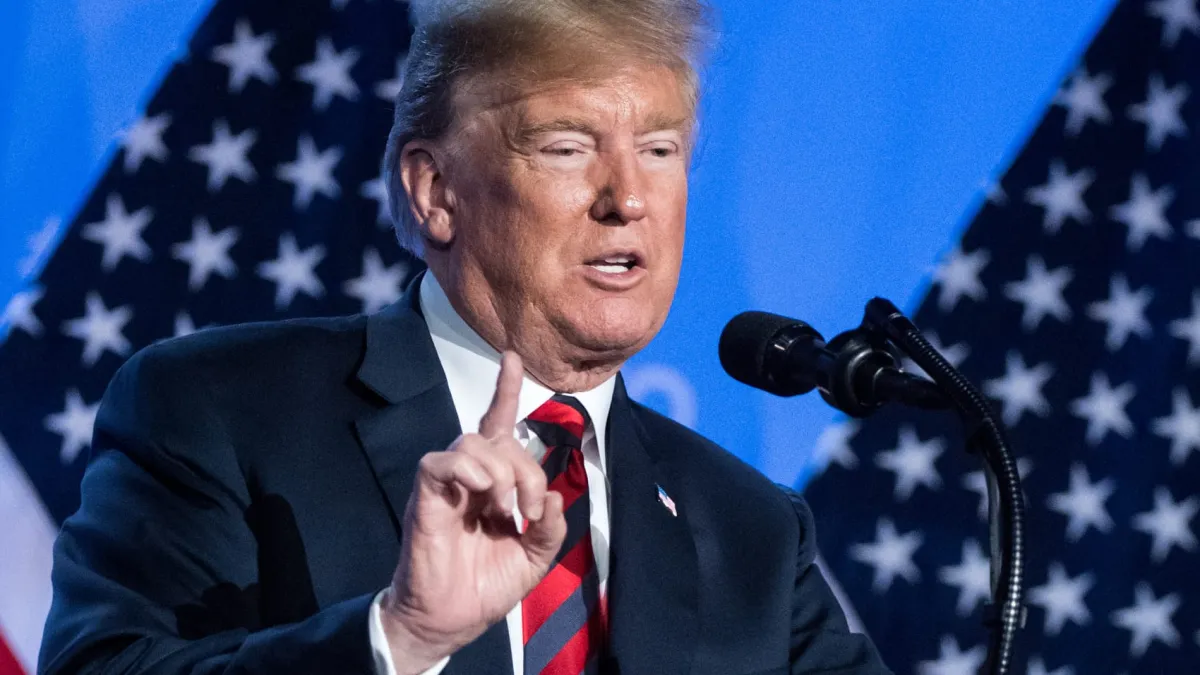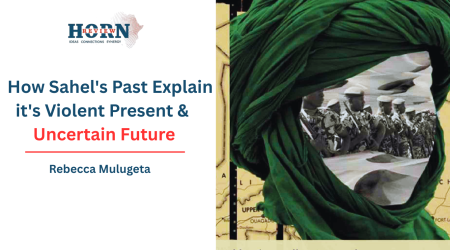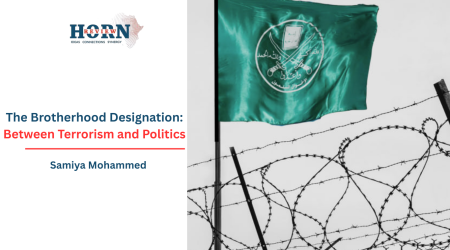
6
Feb
Trump’s Transactional Approach: Challenges for Multilateralism and the Horn of Africa
Donald Trump assumed the U.S. presidency on January 20th, a date traditionally marking the transfer of power in American politics. His inaugural address blended personal narrative with nationalistic ambition, portraying himself as a leader divinely chosen to “make America great again.” He promised a new “golden age,” prioritizing immigration, energy, trade, education, and cultural concerns.
At the core of Trump’s foreign policy was a transactional approach, where relationships with other nations were based on immediate reciprocity rather than long-term alliances, shared principles, or ideological commitments. This pragmatic, deal-focused strategy often came at the expense of multilateralism and international norms, posing challenges for countries unable to meet U.S. demands or compete effectively on the global stage.
A Shift in U.S. Global Strategy
From his campaign rhetoric to his presidency, Trump demonstrated a willingness to acquire strategic assets such as his widely reported interest in buying Greenland from Denmark and reconsidering U.S. control of the Panama Canal. His proposal to rename the Gulf of Mexico as the ‘Gulf of America’ underscored his nationalistic rebranding of U.S. influence. These ambitions signified a stark departure from America’s traditional role as a global stabilizer, instead positioning the U.S. as a self-interested competitor.
His presidency was also marked by aggressive trade conflicts with China, Canada, and Mexico. Trump viewed these nations as economic threats, often leveraging border security concerns, such as drug trafficking and illegal migration, as justification for punitive economic measures. His skepticism toward multilateral institutions further reinforced his unilateralist stance. He criticized organizations like the United Nations, World Health Organization (WHO), and the Paris Climate Agreement for disproportionately burdening the U.S. while benefiting rival nations, ultimately withdrawing from key global agreements.
Implications for Africa and the Horn
One of Trump’s most consequential decisions for Africa was the suspension of most U.S. foreign aid, except to Egypt and Israel. This move, reportedly tied to a strategic reassessment of U.S. interests, was a significant blow to sub-Saharan Africa, where American assistance is often crucial for economic stability, humanitarian relief, and governance initiatives. The Horn of Africa, a region already grappling with geopolitical competition and security challenges, faced further uncertainty.
Trump’s retreat from international commitments weakened multilateral institutions, limiting their effectiveness in enforcing decisions and mobilizing resources. His reduction of human rights and democratic values to mere bargaining tools also signaled a departure from America’s historical emphasis on global democratic promotion. This shift left African nations navigating an increasingly fragmented international order, where U.S. engagement depended solely on transactional benefits rather than broader diplomatic commitments.
The Future of Multilateralism in the Horn
While Trump’s actions may have shocked global observers, they were not entirely unexpected. The post-World War II international order was already unraveling before his presidency, as the U.S. resisted power-sharing in institutions like the United Nations, World Bank, and International Monetary Fund. In response, emerging powers and regional actors have forged alternative alliances and cooperative frameworks, anticipating a more multipolar world.
The Horn of Africa is witnessing a similar shift. With multiple global and regional actors competing for influence, U.S. engagement is no longer assumed but contingent on strategic necessity. If Trump’s approach becomes a long-term trend in U.S. foreign policy, the region may increasingly look toward China, the European Union, and Gulf states for economic and diplomatic partnerships.
Ultimately, Trump’s presidency redefined America’s role in global politics, not as a stabilizing force, but as a transactional player prioritizing short-term gains. Whether the U.S. will maintain this approach or recalibrate under future administrations remains a key question for Africa and the multilateral order at large.
By Yabsira Yeshiwas










